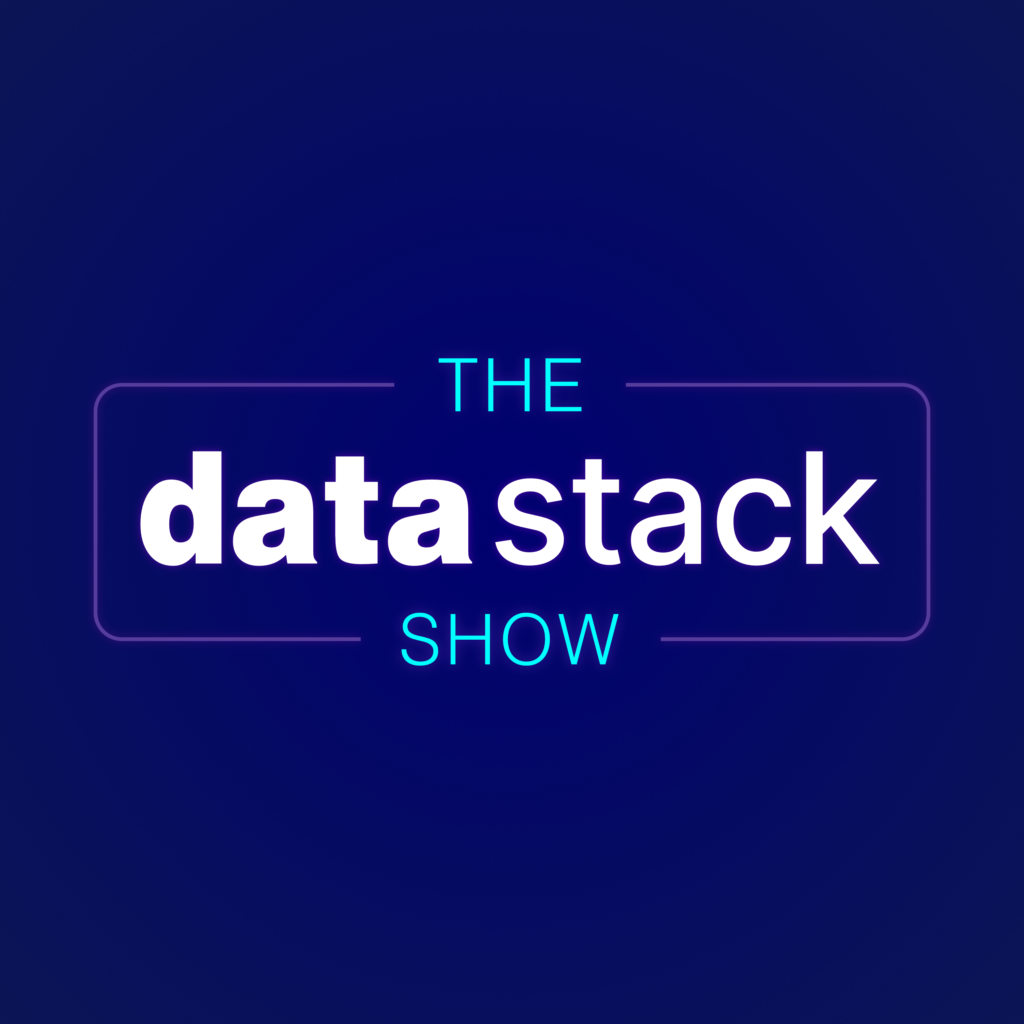
In this bonus episode, Eric and Kostas preview their upcoming conversation with Kyle Weller of Onehouse.ai.
The Data Stack Show is a weekly podcast powered by RudderStack, the CDP for developers. Each week we’ll talk to data engineers, analysts, and data scientists about their experience around building and maintaining data infrastructure, delivering data and data products, and driving better outcomes across their businesses with data.
RudderStack helps businesses make the most out of their customer data while ensuring data privacy and security. To learn more about RudderStack visit rudderstack.co
Eric Dodds 00:05
Okay, Costas, I have a confession to make. We talked about an interesting topic on the show, we just recorded, optimistic concurrency control. And I have missed use that technology before, mainly when I’m having disagreements with my wife, you know, sort of assuming the conversation won’t have any sort of collisions when we’re both trying to get the point across. But yeah, to segue, it was interesting to hear about that as sort of one of the, like, an interesting sort of limitation of some data lake technologies, which was actually what the whole episode was about data, lakes and data lake houses. What interests you most about the lake house format that we just talked about with the Kyle from one house?
Kostas Pardalis 01:01
I mean, for me, what is like extremely interesting with the lake house is that, like any engineer, who is going to war with build the wall, or trying to understand what they will have, like the opportunity to learn a lot about the internals of databases. By we, I mean, we were used to interacting with data bases, thinking of them as like a very kind of like, Blackbox, right? Like, there is a system we know, that’s like, pretty complicated. It’s one of the hardest things like to build maybe outside of my compilers and operating systems. But the way that like engineers usually interact with them, especially when they build products is through like SQL and probably also around like your operations, like how to configure it and stuff like that, right? I don’t think that like that many engineers out there, they talk like any needs to go deep into how the data is stored on the hard drive, how it is passed. On. Always, there’s a talk on currency works, why we need that signal, why we don’t need like, all these are like things that we were taking for granted, because they exist like for I don’t like 3040 years now. But what people I can learn understanding, like, what the lake houses and part of this build is, like, actually, you have to do like through this process where you can understand and learn, like all these rain components that are needed to be the database management system at the end. Now, okay, people might argue that but why? Why is this like goods? For me it is because like, I’m naturally very curious person and was like none about that stuff. But at the same time, I think that when, let’s say, the market or the industry ends up being a situation where thieves need to grow, break down into pieces. There is a good reason for buys. What there isn’t childhood, we’ll figure it out. Like as we build the categories, and as we see, like what the market is doing for adults there. But I think like it’s very interesting from like an engineering perspective. And those of our candidate business perspective, like to see exactly how this process of breaking down the law bases, then we get like smaller pieces and building commands around with different components. And then finally, merging them all together again, at some point, like it’s gonna work out to Iona like this. Two reasons are enough, for me, at least like to be interested in this. Of course, I’m biased. So that’s a reason for me, at least,
Eric Dodds 03:49
I’m sure yeah. Well, that was a great episode. And if any of those topics interests, you, definitely check out the episode with Kyle from one house. He works with the North, one of the inventors of Apache Hudi. So we get into some Hudi history. Some really interesting Microsoft history. We talked about telemetry with the Office Suite, which was fascinating. And then of course, some really practical advice on the lake house, especially for companies who are looking to migrate towards that architecture. So definitely check out the episode and we will catch you on the next one.

Each week we’ll talk to data engineers, analysts, and data scientists about their experience around building and maintaining data infrastructure, delivering data and data products, and driving better outcomes across their businesses with data.
To keep up to date with our future episodes, subscribe to our podcast on Apple, Spotify, Google, or the player of your choice.
Get a monthly newsletter from The Data Stack Show team with a TL;DR of the previous month’s shows, a sneak peak at upcoming episodes, and curated links from Eric, John, & show guests. Follow on our Substack below.